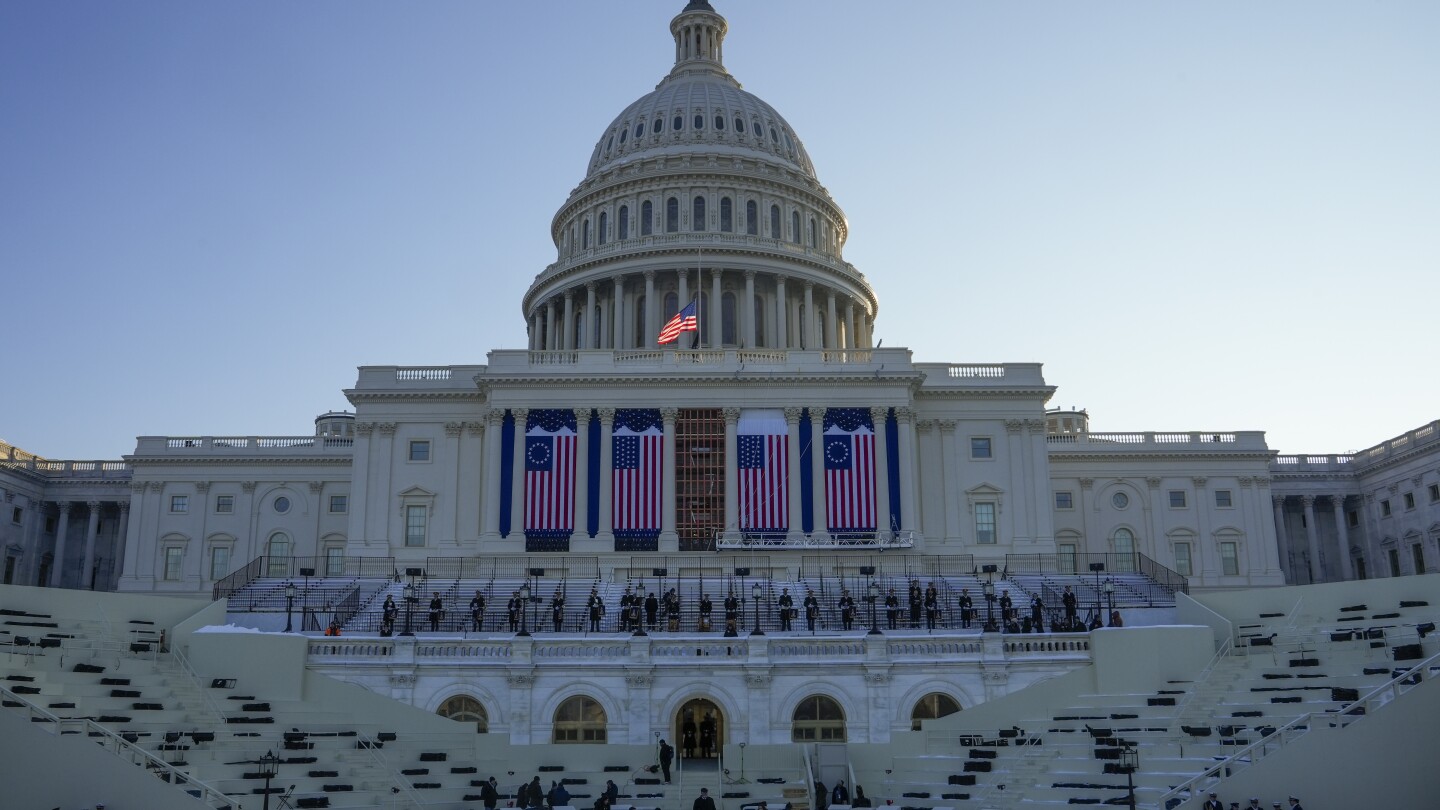
APNEWS.COM
Yellen says Treasury will use extraordinary measures on Jan. 21 to prevent hitting debt ceiling
People take their places as a rehearsal begins on the West Front of U.S. Capitol ahead of President-elect Donald Trump's upcoming inauguration, Sunday, Jan. 12, 2025, in Washington. (AP Photo/Jon Elswick)2025-01-17T22:02:31Z WASHINGTON (AP) In one of her last acts as Treasury Secretary, Janet Yellen said her agency will start taking extraordinary measures, or special accounting maneuvers intended to prevent the nation from hitting the debt ceiling, on January 21, in a letter sent to congressional leaders Friday afternoon.She sent a letter in late December to lawmakers stating that Treasury expected to hit the statutory debt ceiling between January 14 and January 23. And now, the agency will stop paying into certain accounts, including the Civil Service Retirement and Disability Fund and the Postal Service Retiree Health Benefits Fund, to make up for the shortfall in money. The department has in the past deployed what are known as extraordinary measures, or accounting maneuvers, to keep the government operating. But once those measures run out, the government risks defaulting on its debt unless lawmakers and the president agree to lift the limit on the U.S. governments ability to borrow. The period of time that extraordinary measures may last is subject to considerable uncertainty, including the challenges of forecasting the payments and receipts of the U.S. Government months into the future, Yellen wrote in a letter addressed to House and Senate leadership. I respectfully urge Congress to act promptly to protect the full faith and credit of the United States, she said. When the debt limit is raised or suspended those funds will be paid back and federal retirees and workers wont be affected by the actions. Outgoing President Joe Biden in December signed a bill into law that averted a government shutdown but did not include President-elect Donald Trumps core debt demand to raise or suspend the nations debt limit. Trump has called for the statutory debt ceiling to be abolished. The federal debt currently stands at roughly $36 trillion which ballooned across both Republican and Democratic administrations. And the spike in inflation after the coronavirus pandemic pushed up government borrowing costs such that debt service next year will exceed spending on national security.Republicans, who will have full control of the White House, House and Senate in the new year, have big plans to extend Trumps 2017 tax cuts and other priorities but debate over how to pay for them.___ FATIMA HUSSEIN Hussein reports on the U.S. Treasury Department for The Associated Press. She covers tax policy, sanctions and any issue that relates to money. twitter mailto RSShttps://feedx.net https://feedx.site
0 condivisioni
306 Views
0 Anteprima


